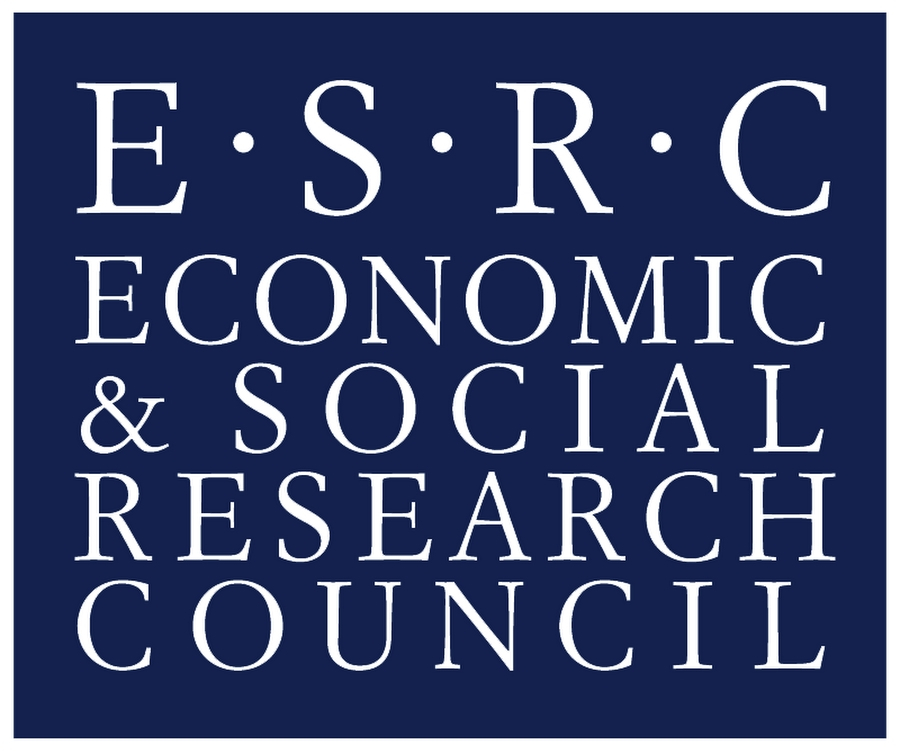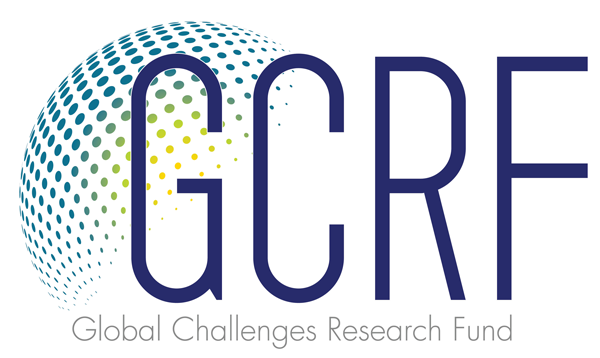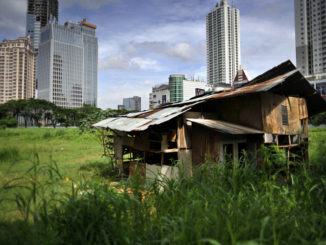
Are bigger cities better or worse for inequality?
One major characteristic of the process of economic development is the movement of people from rural to urban areas. As a result, the percentage of […]

One major characteristic of the process of economic development is the movement of people from rural to urban areas. As a result, the percentage of […]

Imagine how the life chances for the two following children could be: first, a five-year-old girl, born and raised in Indonesia’s East Nusa Tenggara province, […]
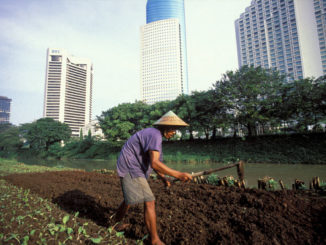
Most workers in pre-industrial Europe once pursued agricultural work. Later the economy shifted to manufacturing jobs and then to the service sector. In short, economic […]
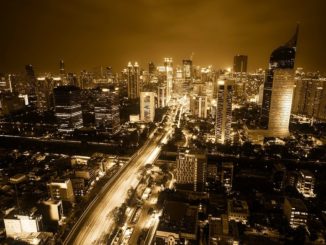
Indonesia is one country that has experienced rapid economic development over the last 50 years and a substantial democratisation since the Asian Financial Crisis of […]
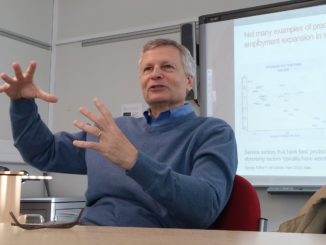
What are the implications of premature deindustrialisation? What—if anything—is so special with manufacturing? How can we make sense of recent growth episodes in the developing […]
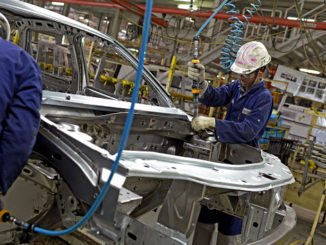
A range of views from across the UN, the World Bank and the IMF raise some big questions for the future of employment and its […]
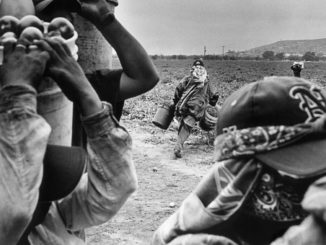
A new ESRC Global Poverty & Inequality Dynamics Research Network working paper takes a long-run view on the development of wages and living standards in […]
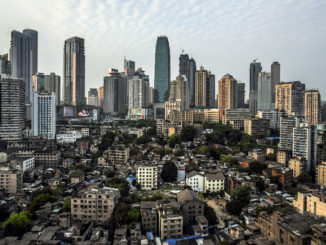
How does structural transformation affect economic inequality? And what does it do to poverty? Many developing countries have seen a huge reallocation of labour from […]
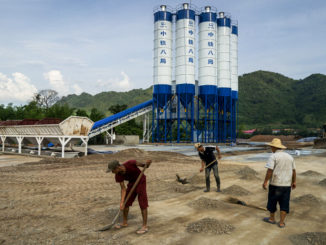
Two goals of development are economic development and inclusive growth. The first, economic development, requires ‘structural transformation’ meaning shifts in economic activity towards higher productivity. […]
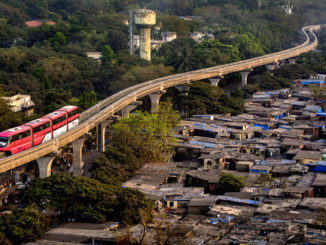
Does inequality have to rise during development? What policies make economic growth more inclusive? Should developing countries try to industrialise or rely on the service […]
